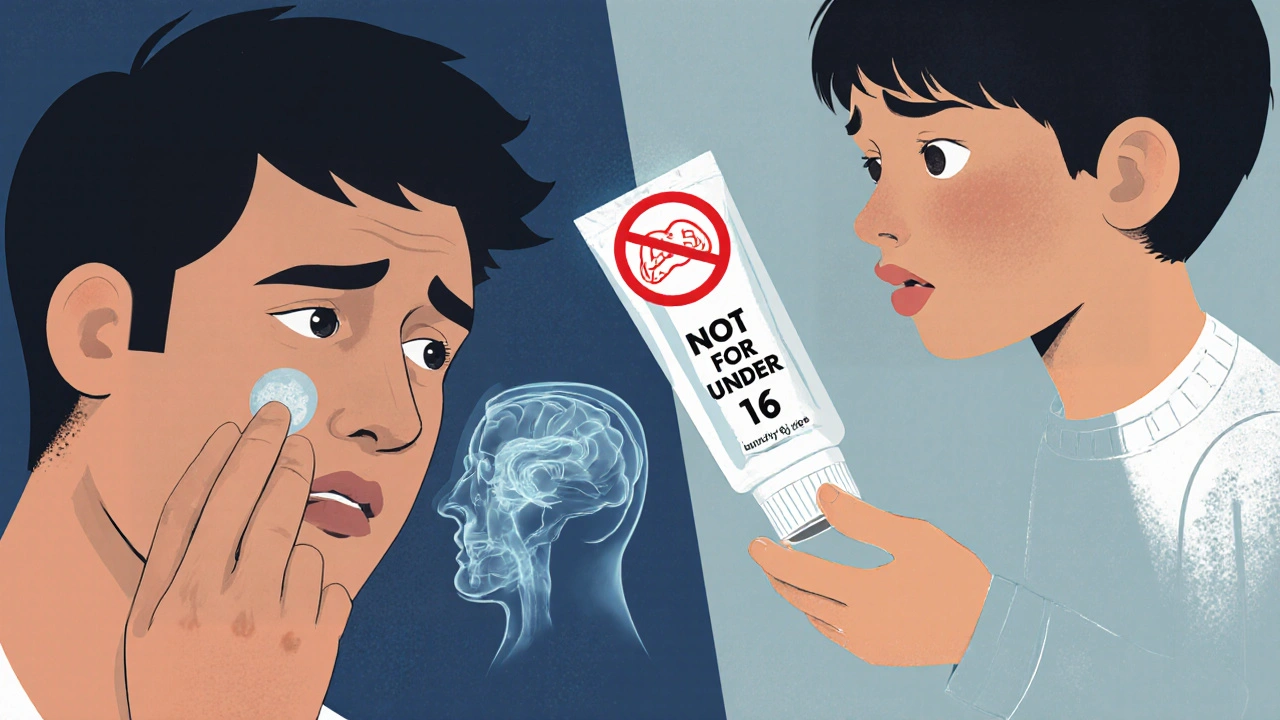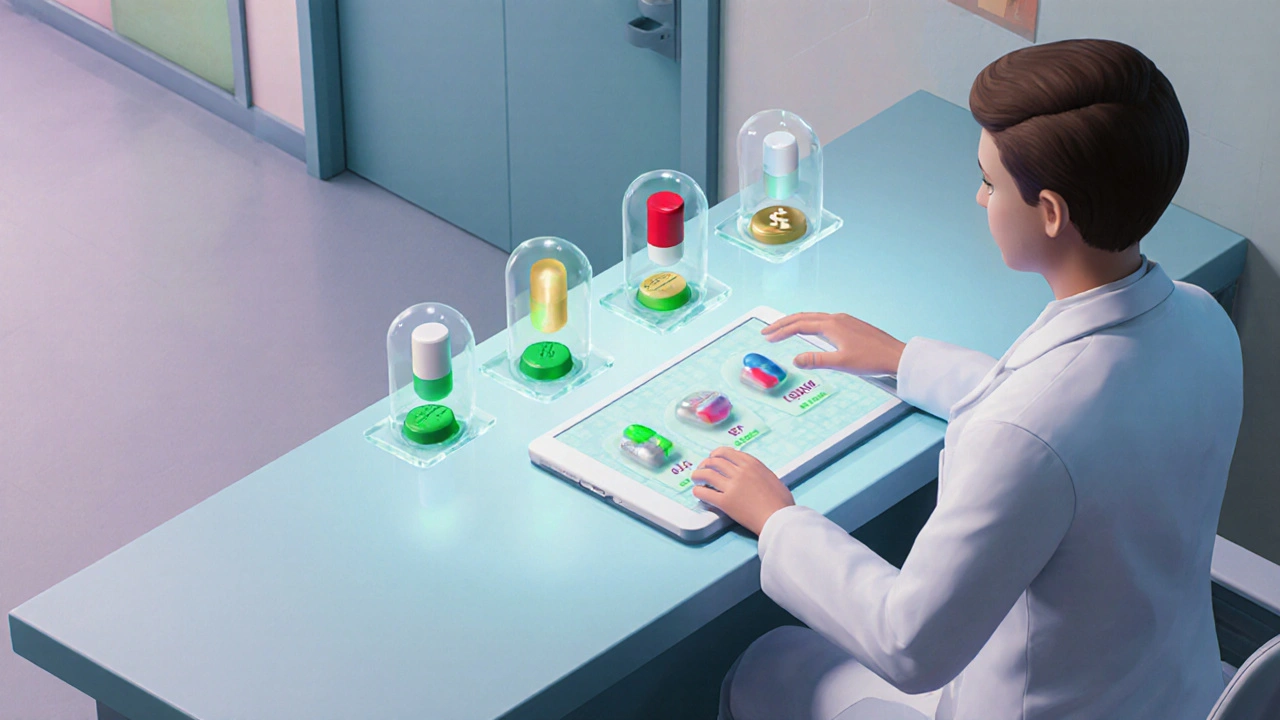If you’ve ever taken a pill or used a cream and felt something odd, you’ve experienced a side effect. Side effects are the body’s reaction to a drug that isn’t the main intended result. They can be mild, like a dry mouth, or more serious, like swelling or mood changes. Knowing what to expect helps you act fast and avoid trouble.
Most medicines cause at least one side effect. The most frequent ones include:
Each drug has its own profile, so reading the label or the article summary (like our guide on Zoloft side effects) gives you a clear picture before you begin.
Here are simple steps you can take when a side effect pops up:
Remember, side effects are not a sign that the medication is “bad”; they’re part of how your body processes the drug. By staying informed and proactive, you can keep the benefits while minimizing the downsides.
Our tag page gathers articles that dive deeper into specific side effects—like the swelling guide for edema, the Zoloft side‑effect rundown, and the skin‑cream safety tips for Elocon and Betnovate. Browse the list, pick the drug you’re curious about, and get the facts you need to stay healthy.

Learn how palliative and hospice care balance effective symptom relief with minimizing harmful side effects. Discover what works, what doesn’t, and how families can advocate for better comfort.
read more
Choline salicylate lignocaine offers fast relief for mouth ulcers and sore throats, but it carries serious risks for children, pregnant women, and those with liver or kidney issues. Learn how to use it safely - and what alternatives work better.
read more
Compare Olanzapine with top alternatives, examining efficacy, side effects, cost, and best use cases to help you choose the right antipsychotic.
read more
Find out how roxithromycin works, when doctors prescribe it, common side effects, how to take it correctly, and key facts for safe use.
read more
Erythromycin is a widely used antibiotic known for treating various bacterial infections. This article breaks down what erythromycin is, how it works, its uses, possible side effects, and tips for safe use. You'll also find details on how it compares to other antibiotics, common drug interactions, and best practices for taking it. Whether you're new to the medication or just curious about antibiotics, this guide covers the facts you need to know.
read more